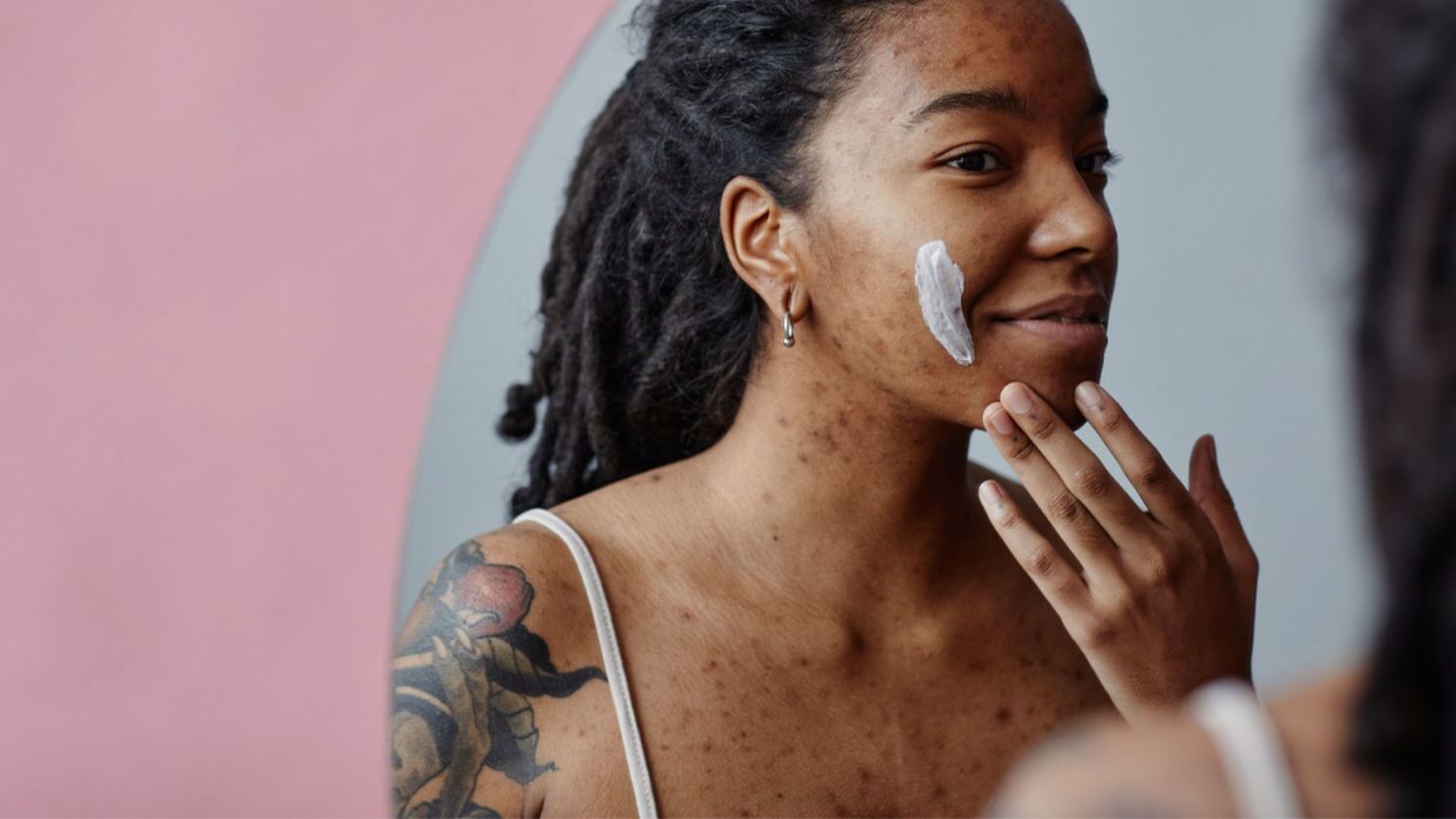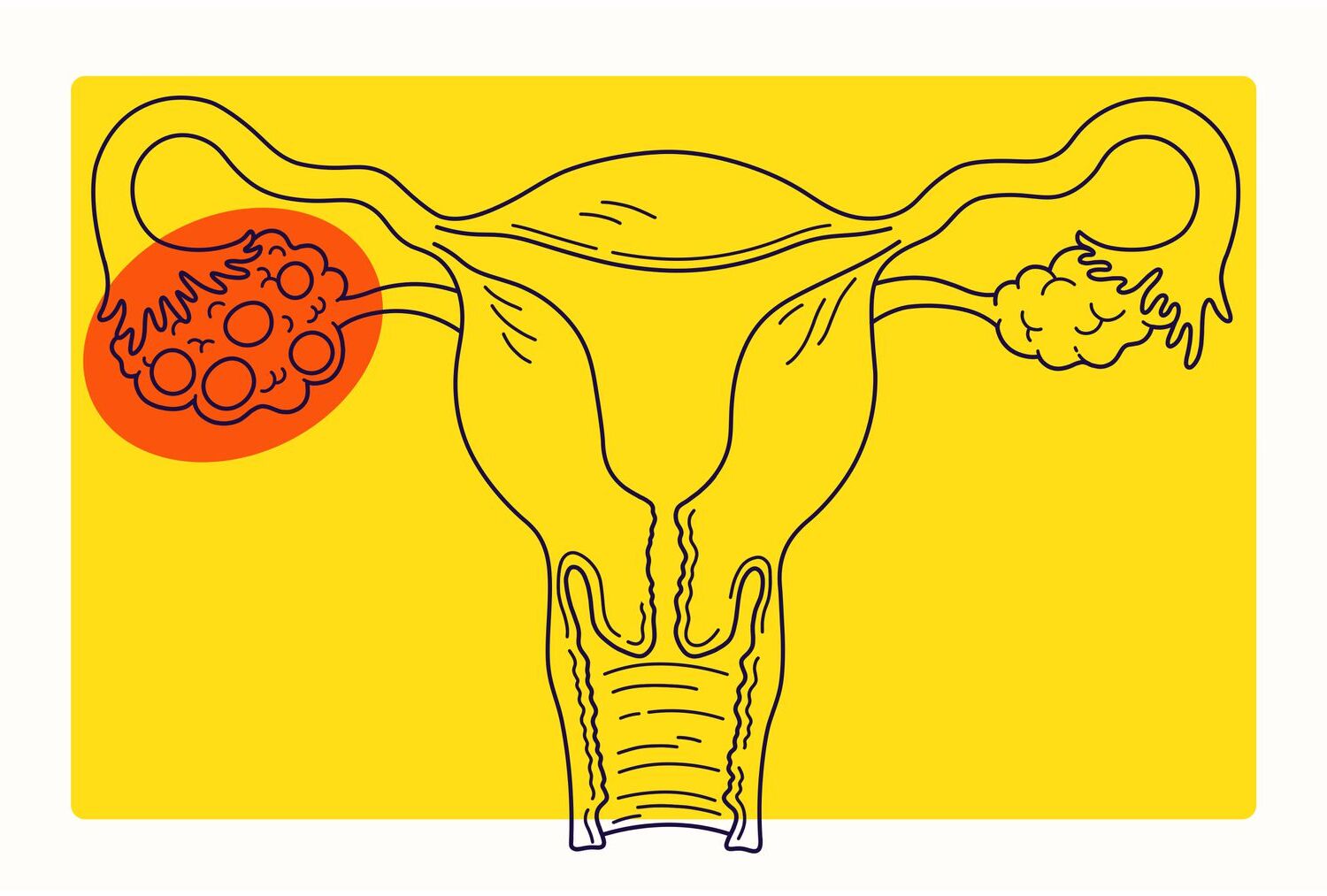
Struggling with acne-prone skin can feel like a never-ending battle, leaving many searching for reliable information and effective solutions. Acne-prone skin requires special care and understanding to manage it effectively. In this blog post, we'll share 20 essential facts about acne-prone skin that everyone should know. From understanding what causes breakouts to debunking common myths and highlighting the best care practices, these insights aim to empower individuals with the knowledge they need to take control of their skin health. Whether you're a teenager facing hormonal changes or an adult dealing with stress-related breakouts, these facts will provide valuable guidance on your journey to clearer skin.
Acne-prone skin is a common concern that affects individuals of all ages, leading to various skin issues and often impacting self-esteem. Understanding the nature of acne-prone skin can empower individuals to make informed decisions about their skincare routines and treatments.
What Causes Acne-Prone Skin?
Several factors contribute to the development of acne-prone skin, ranging from genetic predispositions to lifestyle choices.
- Hormonal fluctuations are a major contributor, especially during puberty, pregnancy, and certain phases of the menstrual cycle. These changes can increase oil production, leading to clogged pores and breakouts.
- Genetics also play a crucial role. If your parents had acne, you're more likely to have it too.
- Stress doesn't directly cause acne, but it can exacerbate existing conditions by increasing cortisol levels, which in turn can increase oil production.
- Using oil-based or comedogenic products can clog pores, worsening acne-prone skin conditions.
- Diet influences skin health. High glycemic foods and dairy products have been linked to acne in some studies.
How to Identify Acne-Prone Skin
Recognizing acne-prone skin is the first step towards effective management.
- Acne-prone skin often exhibits frequent breakouts, including whiteheads, blackheads, and more severe forms like cysts.
- Oily skin is a common characteristic, with the face often appearing shiny or greasy a few hours after washing.
- Large, visible pores on the skin's surface are another indicator.
- Skin may also feel sensitive or inflamed, especially when using certain skincare products or in response to environmental factors.
Effective Skincare Tips for Acne-Prone Skin
Proper skincare is essential for managing acne-prone skin and preventing breakouts.
- Gentle cleansing twice a day can help remove excess oil without stripping the skin of its natural moisture.
- Non-comedogenic products are key; they're formulated not to clog pores.
- Exfoliation helps remove dead skin cells but should be done sparingly to avoid irritation.
- Moisturizing is still important for acne-prone skin. Look for lightweight, oil-free moisturizers.
- Sun protection is crucial. Some acne treatments can make skin more sensitive to the sun, so applying a broad-spectrum sunscreen daily is essential.
The Role of Diet in Managing Acne-Prone Skin
What you eat can impact your skin's health, including its tendency to develop acne.
- Low glycemic index foods may reduce the severity of acne by stabilizing blood sugar levels.
- Omega-3 fatty acids, found in fish and flaxseeds, can help reduce inflammation, potentially benefiting acne-prone skin.
- Zinc-rich foods like nuts, seeds, and legumes have been linked to reduced acne severity.
- Hydration is key; drinking plenty of water helps flush out toxins that could contribute to acne.
Understanding Acne Treatments
Various treatments are available for acne-prone skin, each with its own set of considerations.
- Topical treatments, such as benzoyl peroxide and salicylic acid, are commonly used to treat mild to moderate acne by killing bacteria and helping to unclog pores.
- For more severe cases, prescription medications, including retinoids and oral antibiotics, may be necessary. These treatments can be effective but often come with potential side effects, underscoring the importance of consulting with a dermatologist.
Piecing It All Together
Acne-prone skin, while challenging, isn't a life sentence of discomfort and self-consciousness. Understanding the triggers, from hormonal fluctuations to dietary choices and stress levels, plays a crucial role in managing breakouts. Skincare routines tailored to sensitive skin types, incorporating gentle cleansers and non-comedogenic products, can make a significant difference. Equally vital is the role of professional advice; dermatologists offer personalized treatments and guidance to navigate this common skin condition. Embracing a holistic approach—balancing external care with internal health—enhances skin's resilience. Remember, patience and consistency are your allies in achieving clearer, healthier skin. Armed with these insights, managing acne-prone skin becomes a more navigable path, leading to improved skin health and boosted confidence.
Was this page helpful?
Our commitment to delivering trustworthy and engaging content is at the heart of what we do. Each fact on our site is contributed by real users like you, bringing a wealth of diverse insights and information. To ensure the highest standards of accuracy and reliability, our dedicated editors meticulously review each submission. This process guarantees that the facts we share are not only fascinating but also credible. Trust in our commitment to quality and authenticity as you explore and learn with us.


